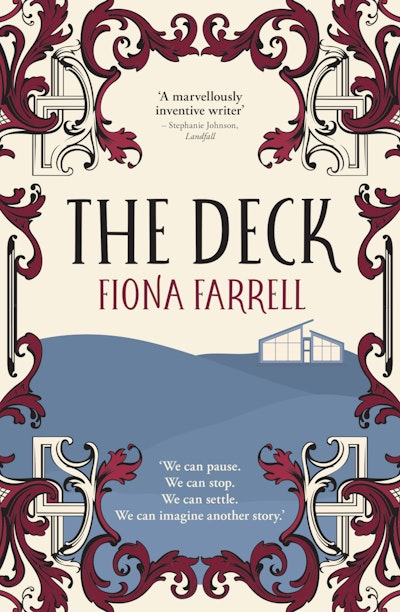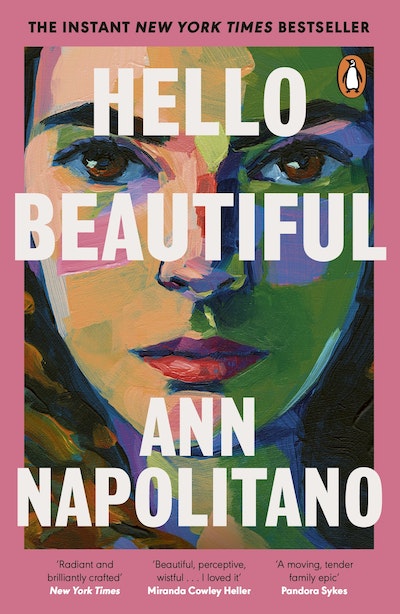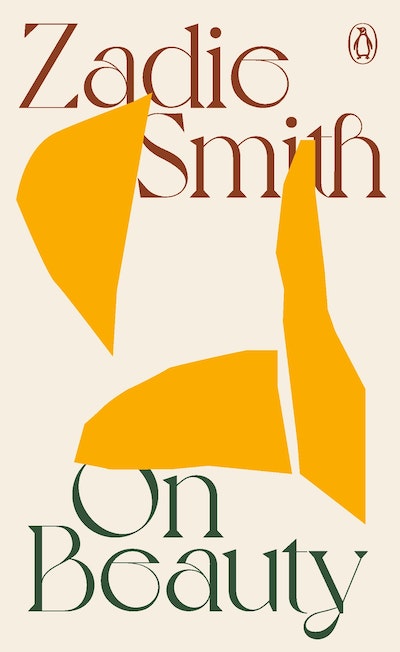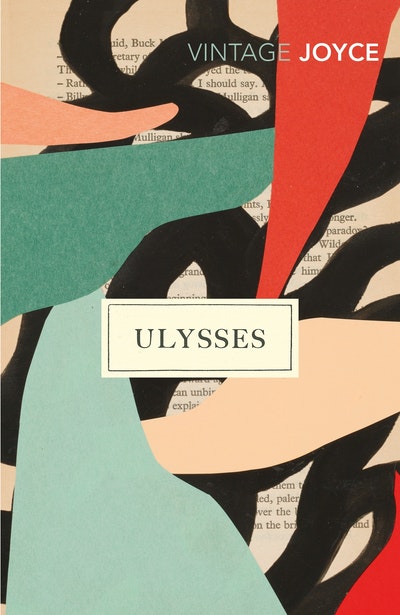
Sometimes great writers don't just look for inspiration in their favourite novels, but retell them to create something new.
Whether that's to imagine what happened next, fill in a mysterious gap in the story or re-spin a classic tale into an allegory for modern life, some of the most famous novels ever written are based on other novels. Here's a selection of the best.
The Deck by Fiona Farrell
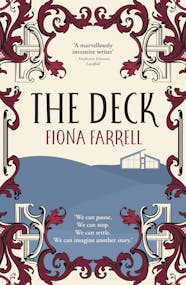 |
Fiona Farrell’s The Deck is heavily inspired by Giovanni Boccaccio’s medieval classic, The Decameron. In both works a small group of friends gather to escape plague and profound social collapse, passing the time through telling stories. The Decameron is part fact, part fiction, as is The Deck. Both begin with a non-fiction prologue that provides context to the respective plague and pandemic of each writer's time, for Boccaccio the Bubonic plague and for Farrell, Covid-19. After the prologues both novels move to fiction. The Decameron shifts into a collection of one hundred stories told over ten days by ten young Florentines who begin a game of telling tales to a chosen theme. Farrell's novel is centred around one of those 100 themes – the tales of individuals who’d suffered many misadventures but at last experienced unexpected felicity. Fiona Farrell dives deeper into the parallels between The Decameron and The Deck in this RNZ interview. |
Hello Beautiful by Ann Napolitano
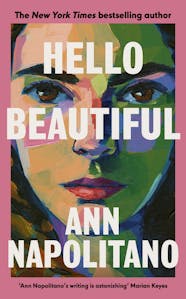 |
Described by this New York Times article as ‘Little Women but with basketball,’ Ann Napolitano’s latest novel Hello Beautiful is a fresh take on Louisa May Alcott’s classic story of sisterhood. Hello Beautiful captures what it means to be a family – the joy and tragedy, the deep trust and devasting betrayals – echoing similar themes found in Little Women. Napolitano's references are direct with the Padavano sisters likening themselves to the March sisters early in the novel, arguing over who’s more like who. Julia, as the eldest sister, is seemingly the logical Meg but her and Sylvie fight over the title of “feisty Jo.” Despite this, Napolitano didn’t begin writing with intent to base her novel on Little Women. In an NPR interview she said it was only once she had created the Padavano sisters that she realised the similarities – they are four sisters “just like the March girls. And Laurie in Little Women is a character from the outside who peers into the March family window and wants to be in there. And so does William for the Padavano sisters.” |
On Beauty by Zadie Smith
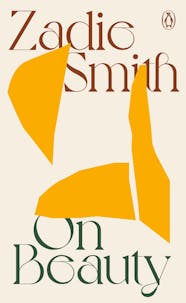 |
"One may as well begin with Jerome's e-mails to his father," begins Zadie Smith's portrait of two families bound together by professional jealousy, female kinship and class conflict. E. M. Forster's 1910 drama Howard's End begins like this: “One may as well begin with Helen's letters to her sister". The similarities run through each story like the DNA of non-identical twins: they don't quite look the same, but they grew from the same seed. Both books concern the entanglement of two families bound together by clashing values (liberal vs. conservative, modern vs. traditional, high class vs. low class), alongside many other correlations that weave between each book. In fact, Smith went so far as to call her book a “homage” to Forster in her preface, "to whom all my fiction is indebted." “It was pretty conscious," she told the New Zealand Herald in 2005. "The idea for the book came before but once I started writing it, I knew what I wanted to do. It kind of fades in and out and there is no final murder or anything like that. It's more like a fable." |
Ulysses by James Joyce
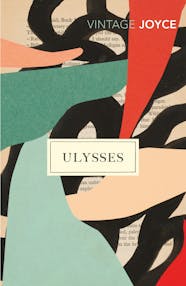 |
It doesn't take a genius to work this one out – the clue screams itself hoarse in the title. Joyce's epic portrait of a day in the lives of three Dubliners – Leopold Bloom, his wife Molly and Stephen Dedalus – inverts Homer's The Odyssey almost to the letter. It pretty much follows Homer's plot points, mirrors his characters and each of his 18 chapters are named after an episode in The Odyssey. The main difference: it doesn't follow a musclebound hero on an epic adventure that lasts years, but a farty, degenerate ad salesman as he wanders through Dublin across a single day. But far more than just a pastiche, Joyce had a point: epic journeys aren't just for Greek heroes. Actually, he wants you to know, we're all heroes in our own life stories, only our odysseys happen mostly inside our heads. Joyce wanted to lasso Homer's masterpiece and drag it back down to earth. |
Featured Titles
More features
See allAre you after a book for this long weekend? Why not try one of these books that our Penguin Random House NZ team loved!
Learn about Zadie Smith's incredible books. You're sure to find a new favourite on this list!
See the books that readers are obsessing over lately.
We’ve compiled a book guide to what should be on the top of your TBR pile, depending on your favourite Swift Era.
Are you after a book for this weekend? Why not try one of these staff recommendations!
A perfect literary pick for your book club, dive deeper into The Deck with these discussion questions
Graphic novels are the perfect way to get disinterested readers to pick up a book.
See the Penguin Random House NZ books shortlisted for the 2026 NZ Booklovers Awards
Easter fun with Bluey! Whether you're a fan of quizzes, crafts, colouring, or biscuit decorating, we've rounded up the best Easter activities so you and your little ones can celebrate Easter with their favourite, Bluey!
So, you’ve watched a particular hockey romance series that left you wanting more? You’ve come to the right place. After all, every great series is based on an even better book.
